Chemical composition of steel SKD61
SKD61 steel is a JIS steel grade of Japan used for hot stamping die machining. So, what are the chemical components of SKD61 hot stamping steel?
SKD61 steel is a JIS standard Japanese steel label which is widely used in hot stamping processing. SKD61 hot stamping steel has several basic characteristics:
- There is a balance between hardness and ductility leading to the ability to resist hot cracks of high SKD61 steel;
- Anti-corrosion, anti-oxidation in both low-temperature and high-temperature environments;
- Strength at high temperatures and resisting thermal expansion of metals
- Less distortion, deformation during work.
So, what are the chemical components of SKD61 hot stamping steel? Let's find out in the following article.
1. Chemical composition of SKD61 steel
The basic properties of SKD61 are largely thanks to the chemical content of SKD61 steel as follows:
What are the chemical components of SKD61 hot stamping steel?
Basically each SKD61 steel chemical composition has its own effect but they also complement each other to create the basic properties of SKD61 steel.
- Carbon (C): Carbon has a great influence on the hardness of steel. The lower the carbon content, the less the hardness of the steel. The high carbon content makes the steel harder, while reducing its elasticity, in addition to reducing the melting point of the steel. The carbon level in the SKD61 steel is at an average to help the steel have a balance between hardness and ductility.
- Chromium (Cr): Enhances the mechanical and thermal properties of SKD61 steel, homosexuality against corrosion and the ability to resist oxidation from the environment is greatly improved. The higher the chromium content, the better the resistance to rust. The added chromium layer helps create a transparent protective film on SKD61 steel surface that is invisible to the naked eye. This film does not lose the shine of steel.
- Molybdenum (Mo): Is an additive to prevent surface wear and cracks. Molybdenum helps combat the damage caused by Chloride. In addition, Molybdenum also improves the heat resistance of steel.
- Vanadium (V) is the elemental constituent of strong Carbide (hard alloy), increasing tensile strength and increasing high abrasion resistance to alkalis, acids and seawater.
- Silicon (Si) is a beneficial impurity, has the function of reducing oxygen, against acid corrosion.
- Manganese (Mn): Manganese has the effect of reducing oxidation in the melting process to prevent the formation of contaminants that cause steel to crack. However, if the manganese content is high, the steel becomes more brittle, sensitive to overheating.
- Phosphorus (P): An element capable of dissolving in ferrite and strongly dislocating crystal lattices to increase brittleness, when phosphorus content exceeds the limit of steel dissolution, it will be hard and brittle. High quality steel does not contain more than 0.025%.
- Sulfur (S): Bringing together Manganese to form Manganese Sulfide (MnS). MnS is crystallized at high temperatures in the form of discrete small particles and at high temperatures, there is a certain degree of plasticity so it does not melt, break or break. However, when the amount of residual sulfur will also work to reduce wear resistance.
2. Application of steel for making hot stamping mold SKD61
SKD61 steel is used to manufacture and process machine parts, hot stamping molds such as:
- Used for aluminum and zinc die casting, low pressure die casting;
- Common use in hot processing;
- Pressure casting molds;
- Metal extruders for light metals;
- Forging dies;
- Plastic cylinder;
- Push core, furnace head, hot cutter, milling cutter;
- Saw blades, planers, lathes and many other applications.
SKD61 steel plate application
Above is the article "SKD61 hot stamping steel has any chemical components?".
Hopefully the above information will solve the problems that readers are having. If you want more detailed advice on the type of industrial steel, readers can contact 0332 91 61 61 or chat online with us.
Sevit is pleased to answer all questions from readers!




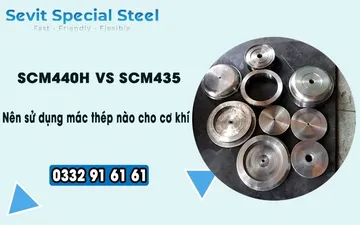

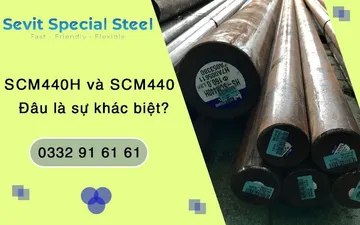
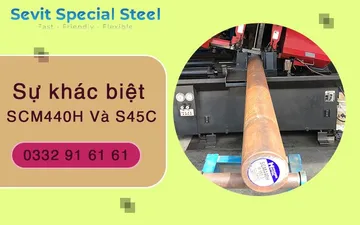
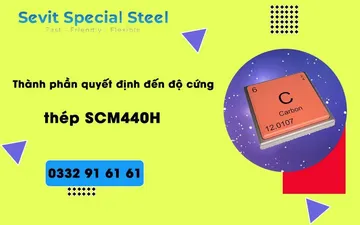
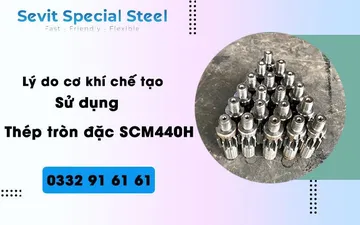
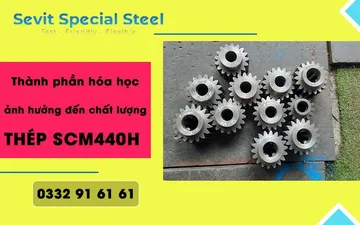
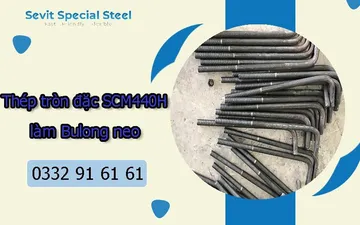
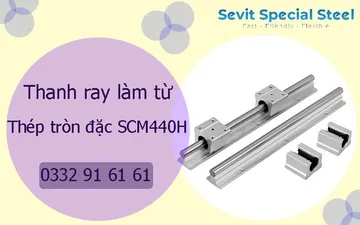
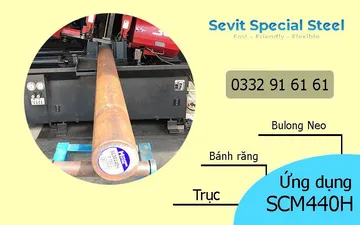
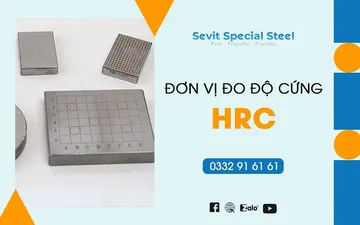
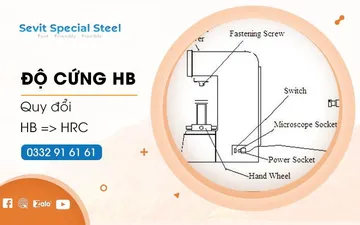
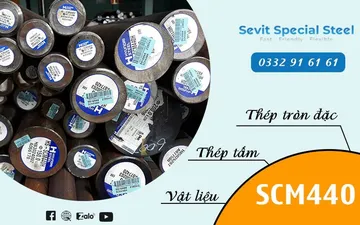
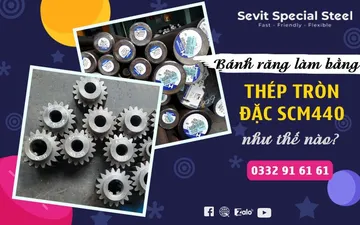






 Online
: 1
Online
: 1 Hits today
: 258
Hits today
: 258 Hits yesterday
: 340
Hits yesterday
: 340 Visits of the month
: 6192
Visits of the month
: 6192 Total access
: 891491
Total access
: 891491
